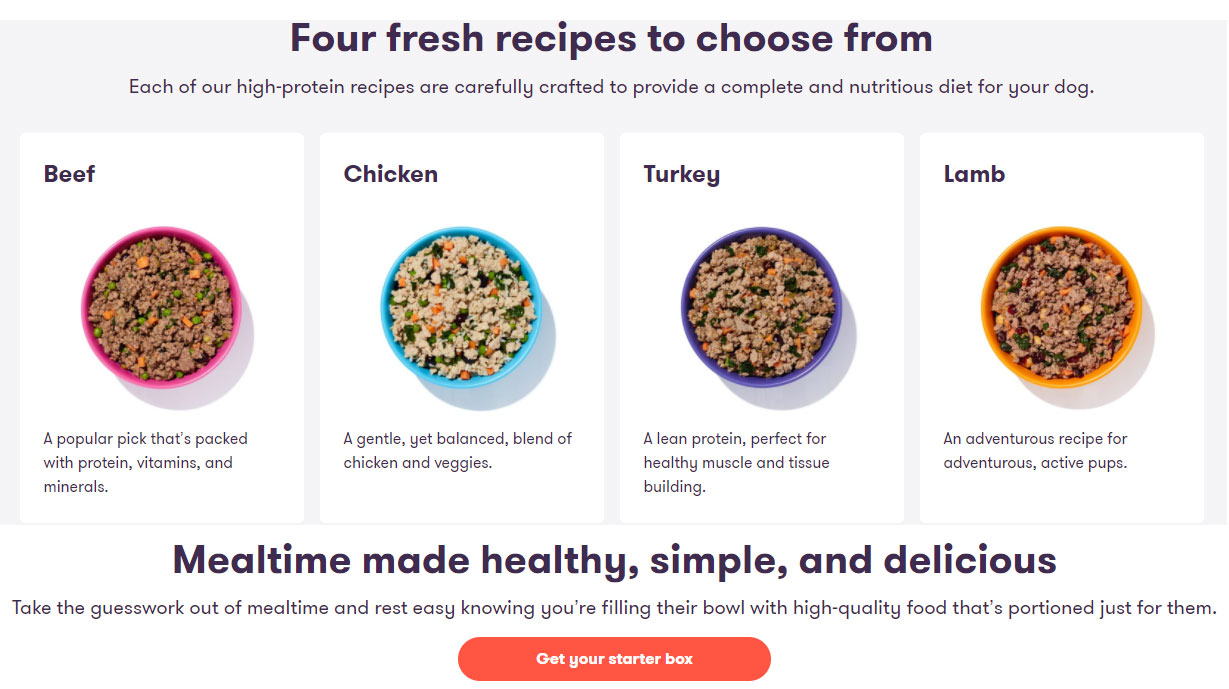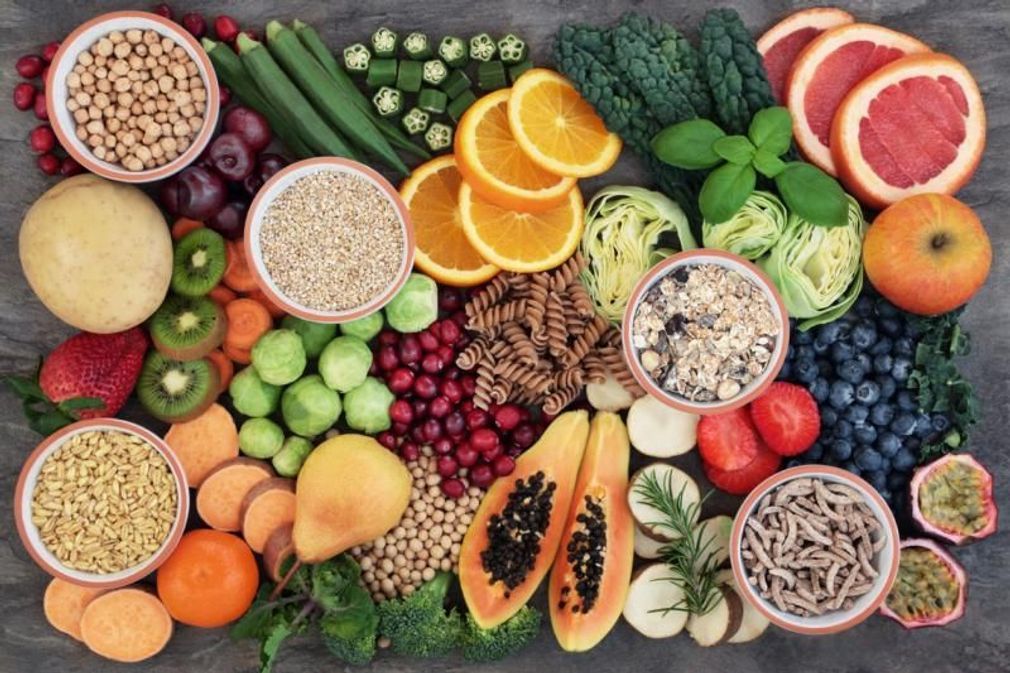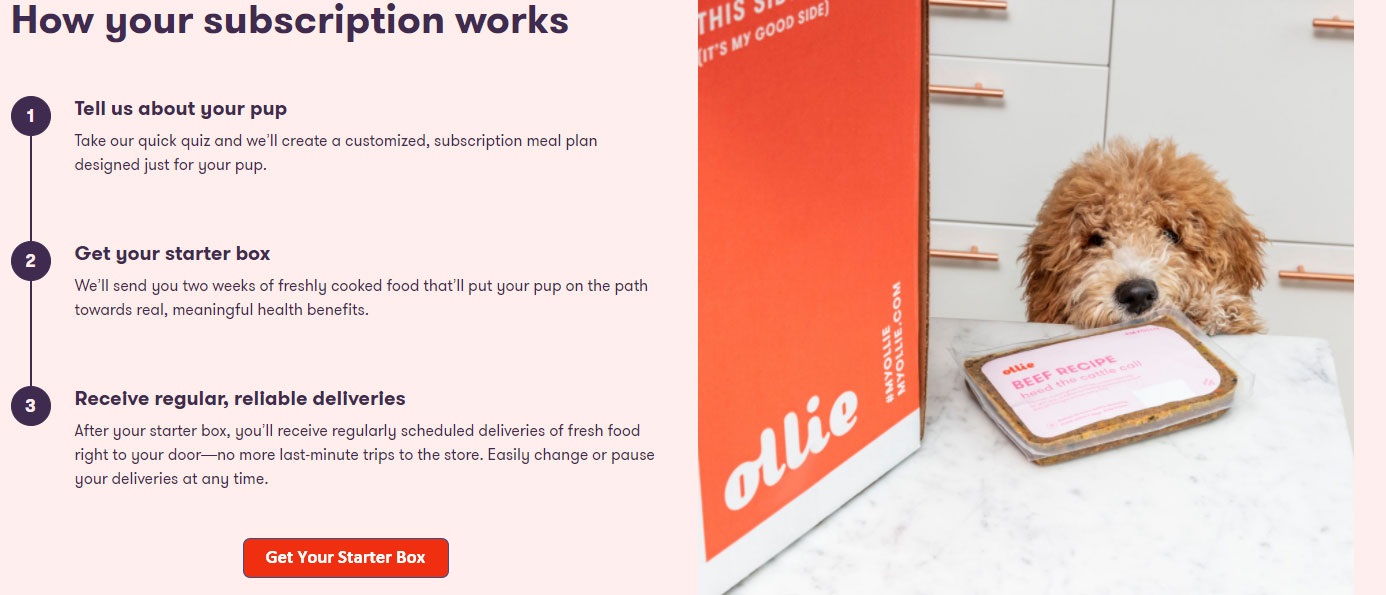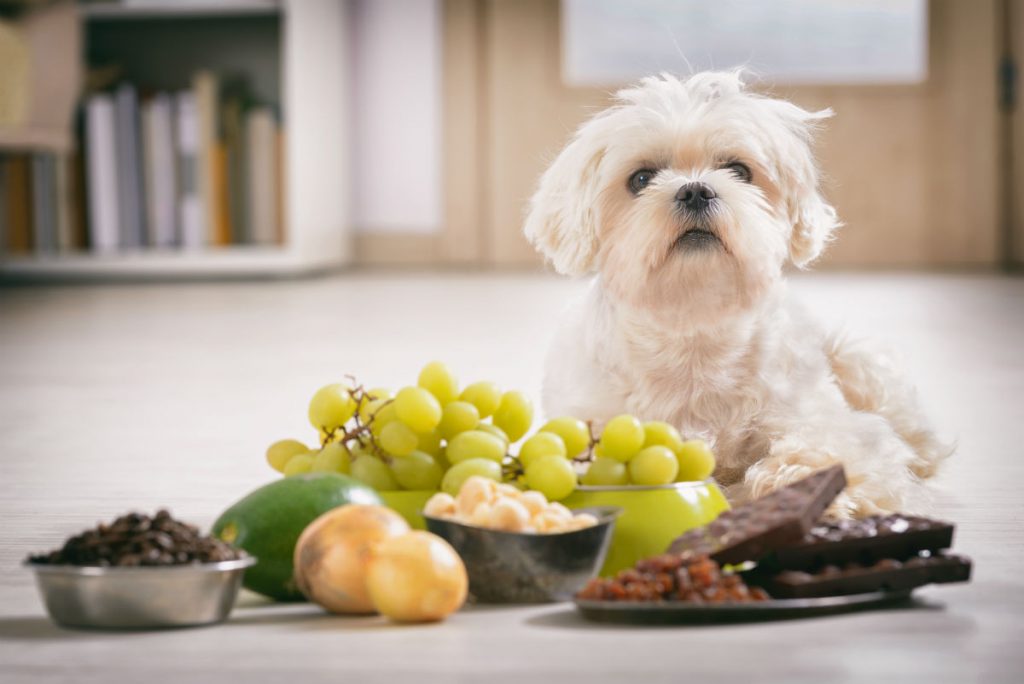Dog food poisoning
Food poisoning in dogs can cause severe health problems requiring an emergency visit to a veterinarian.
In order not to put your pet's life in danger, it is essential to learn how to recognize the symptoms, but also to know the causes in order to prevent it. Today, I propose you to review the main causes of food poisoning in dogs, their consequences and the good conduct to adopt if your pet seems to suffer from it.
What is dog food poisoning?
Dog food poisoning is an illness caused by ingesting contaminated food or water. It is distinguished from non-food poisoning, which can occur when the animal swallows a non-edible toxic substance directly.
When the food or water ingested by the dog is contaminated with infectious agents, it is called food poisoning. This is the case, for example, of food containing bacteria, fungus or parasites. In the category of food poisoning that is not called food poisoning, we find food contaminated by chemicals or heavy metals.
In dogs, food poisoning is less common than non-food poisoning, the most common toxic substances ingested by our four-legged friends being rat poison (rat poison), chocolate and human medications (paracetamol, aspirin, etc). It is important to note that human foods that are toxic to dogs, such as chocolate, raisins or potatoes, are not responsible for food poisoning.
In fact, they are not dog food products and have not become harmful after being contaminated. These human foods simply contain compounds that are toxic to dogs, who are more sensitive than humans to certain molecules.

Causes of food poisoning in dogs
As mentioned in the previous paragraph, food poisoning in dogs is not caused by the ingestion of poisons per se, but by the ingestion of normally edible food that has been contaminated by pathogens or toxins. Various pathogens and toxins can be involved: bacteria, viruses, parasites, fungi, plants or chemicals.
Most of the time, food poisoning in dogs is caused by bacteria growing in spoiled food. Dogs get food poisoning by eating rotting animal carcasses that they may find on their walks, or by eating raw food contaminated by bacteria from improperly washed food bowls.
Dogs are also exposed to chemical contaminants, such as Bisphenol A (BPA), which they may absorb through their food. Well-known kibble brands Acana and Orijen, for example, have been the subject of controversy after BPA, presumably from their packaging, was found in their dog food.
BPA is an endocrine disruptor that can cause systemic disruptions affecting the metabolic function of dogs. Heavy metals are other relatively common contaminants that can threaten your dog's health. They can be found in food and water as well as in certain dog accessories that can contaminate his food.
In fact, the bowls your dog eats from can contaminate his food, as can accessories made of chromium, a carcinogenic substance that can affect a dog's respiratory, digestive, liver and kidney systems. The tap water you probably serve to your dog may also contain lead if the plumbing in your home is made of this material. Lead contamination causes a serious disease called lead poisoning, which affects both humans and animals.
Finally, our four-legged friends are exposed to a particular risk of food poisoning: mycotoxin contamination. Mycotoxins are a type of mold found in many cereal food products, both for human consumption and for our pets.
Secreted by fungi, they develop mainly during the storage of cereals and are then found in the finished products - here kibbles. Indeed, neither cooking nor sterilization can destroy them. As the presence of mycotoxins in cereals is almost inevitable, international health authorities have established tolerance levels to regulate the quantities ingested by humans through their consumption of products made with contaminated raw materials.
The petfood industry is far more lax in setting tolerances, and mycotoxin-contaminated grain deemed unfit for human consumption is happily recycled into dog food - and other pet foods. Dogs are therefore more exposed to mycotoxins than humans, even though they are much more sensitive to these poisons than their owners.
Symptoms of food poisoning in dogs
The symptoms of food poisoning in dogs can be extremely varied depending on the pathogens or toxins involved. Typically, the dog experiences mild to severe digestive disturbances (vomiting, diarrhea, etc.), with or without hypersalivation indicating nausea, signs of abdominal pain or discomfort and loss of appetite.
Fever may also occur, as well as nervous disorders (tremors, total or partial paralysis, convulsions, etc.) that may leave lasting effects. Finally, food poisoning is highly likely to cause kidney damage, which is fortunately reversible when treated in time.
Typically, mycotoxin food poisoning causes loss of appetite, lethargy, lack of coordination in movement, vomiting and growth and fertility disorders. In the long term, ingestion of contaminated food can cause chronic and irreversible metabolic disorders. Kidney failure and cancer are some of the conditions that can result from prolonged exposure to heavy metals, bisphenol A or mycotoxins.

Treatment and prognosis of food poisoning in dogs
It is essential to consult a veterinarian if you suspect that your dog has severe or chronic food poisoning. The sooner your pet is treated, the less likely it will suffer lasting damage, especially to the nerves and kidneys. Treatment will depend on the contaminant involved. When bacteria are involved, antibiotic treatment is often required. When a virus is involved, it is often more appropriate to treat the symptoms that plague the dog rather than the pathogen itself.
Food poisoning due to ingestion of food contaminated with heavy metals or mycotoxins also requires treating the symptoms and removing the animal's exposure to the contaminants. Generally, the prognosis for the dog is good when treated early and is a healthy adult animal. The outcome may be more guarded in a puppy or in a sick or fragile animal.
FAQ
How do I know if my dog has food poisoning?
Food poisoning in dogs is most often manifested by digestive problems similar to those seen in gastroenteritis (diarrhea, vomiting, etc.). When the dog is exposed to contaminants over a long period of time or has swallowed a particularly virulent toxin, it may also present kidney, liver or neurological problems.
What should I do if my dog has food poisoning?
The only way to save your dog if it suffers from food poisoning is to quickly take it to a veterinarian. Indeed, it is essential to identify the contaminant involved in order to implement an appropriate treatment and to ensure that your dog is not exposed to it in the future.
What is food poisoning in dogs?
Food poisoning is an illness that occurs when a dog ingests dog food contaminated with pathogens or toxins (bacteria, viruses, mycotoxins, heavy metals, etc.). It is distinguished from the more common "classic" poisoning, which occurs when a dog is poisoned by swallowing a non-edible substance (rat poison, detergent, etc.). Some human foods, such as chocolate or raisins, are not edible for dogs and can cause poisoning.
What products can cause food poisoning in dogs?
Food poisoning in dogs is caused by the ingestion of contaminated food. The products involved are always dog food that is normally edible, but which has been altered. Contaminants can be bacteria, parasites, viruses, molds, heavy metals or chemical compounds.
Dog food poisoning, which occurs when the animal ingests contaminated food, must be distinguished from poisoning by inedible products (rat poison, antifreeze, etc.), which is significantly more common. In fact, dogs are particularly resistant to the intestinal bacteria that cause most of the food poisoning frequently found in meat (salmonella, E. Coli, etc.), especially tainted meat.
However, they are more exposed and sensitive to food poisoning related to contamination by molds or chemical compounds.
In this, the presence of mycotoxins in dog food is a particularly worrying phenomenon, which fully maintains the mistrust of owners towards the pet industry.


